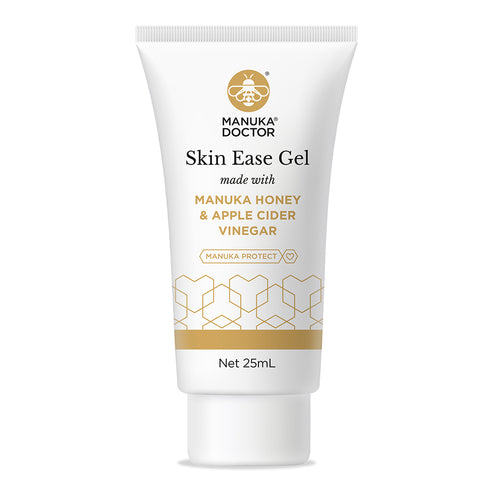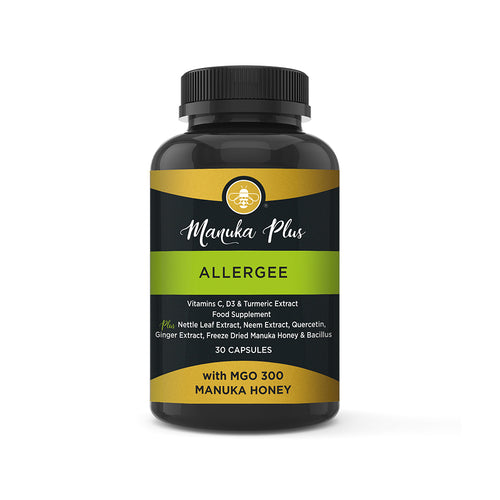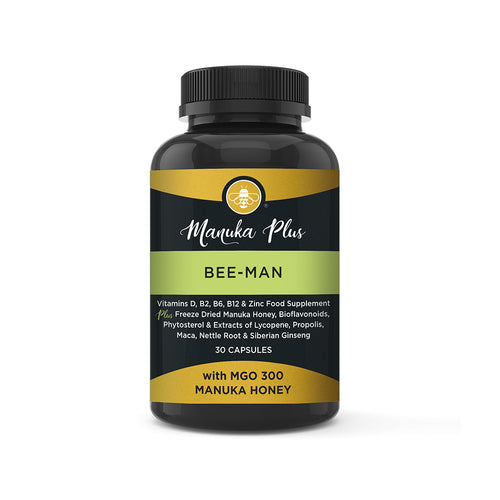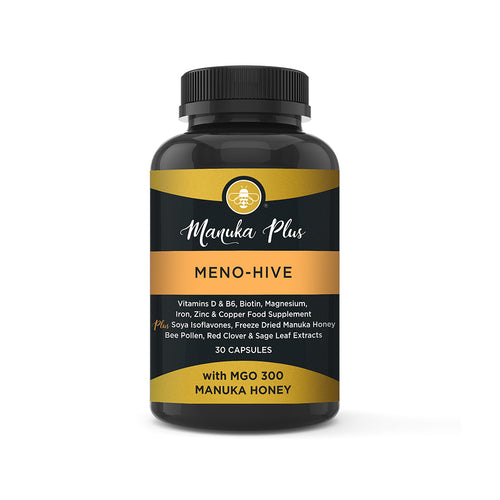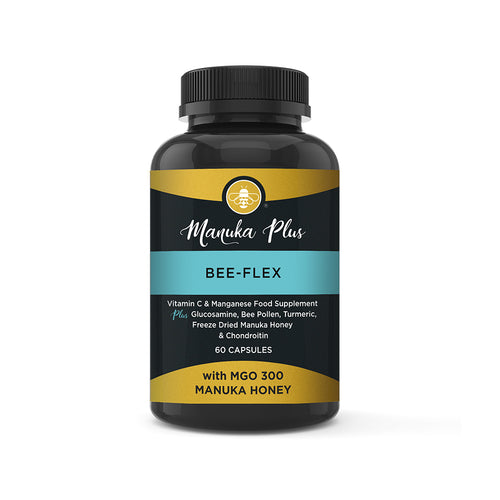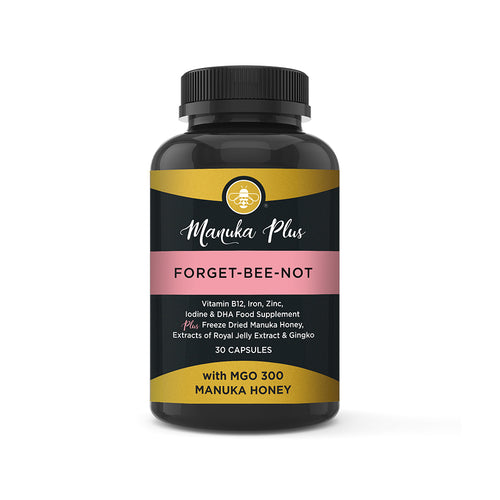We all get tired occasionally – perhaps you’ve stayed up late to watch your favourite TV show or been out with friends.
But if you’re still feeling low in energy this Spring, despite sleeping well, you might need to take action.
What causes feelings of tiredness and low energy?
Despite popular opinion, feeling tired isn’t a natural part of ageing – there’s usually an underlying cause for your fatigue.1 For example, certain medications, like antidepressants, and also health conditions, like anaemia or thyroid problems, can make you feel tired. Stress and depression can also trigger feelings of fatigue.
Your lifestyle may not help either. For example, boredom or a lack of exercise can all be very draining.2
How do you get more energy?
First things first, if you don’t feel refreshed after a good night’s sleep, book an appointment with your GP. Once you’re ruled out an underlying health condition, some simple lifestyle tweaks can help you rediscover your bounce:
1. Move more
When you’re tired, the last thing you might want to do is go for a walk or run – but actually exercising could be the answer. Sitting too much can weaken your heart and muscles, and also make you feel depressed – all of which makes you feel really tired.3 On the other hand, just a single exercise session, lasting 21-40 minutes, can give you an energy boost, according to a 2013 review of studies by University of Georgia, USA.4

Aim for at least 150 minutes of moderate exercise a week, like a brisk walk or cycle ride, says the NHS. Try breaking it up into 30 minutes each of five days a week.5
2. Stick to the same sleep and wake-up times
It makes sense that a poor night’s sleep will affect your energy levels the next day. But the trouble is that as you get older, your sleep patterns can change, for example with more short awakenings during the night – making it that bit harder to get quality shut-eye.
Try going to bed and waking up at the same time each day – it will help reset your biological clock. And if you like to nap, set your alarm for 30 minutes. Any longer and it can impact on your night’s sleep, according to The Sleep Council.6
3. Tuck into fibre-rich foods
Your diet is very important when it comes to your energy level: eating too many refined carbohydrates, like white bread, cake and biscuits, will give you energy dips and crashes. Instead, choose foods rated low on the glycaemic index (GI), such as oats, wholemeal bread, brown rice, plus pulses, beans, nuts and seeds. Packed with fibre, these foods release their glucose into your bloodstream slower – keeping your blood sugar levels steady all day, and your energy higher.7
4. Drink more water
Tiredness and weakness are also early signs of dehydration. Unfortunately, you’re more likely to become dehydrated as you age because of a lowered water volume in your body, and a reduced sense of thirst, too. To combat this, aim for 6-8 glasses of fluid a day, for example, water, sugar-free squash, tea, coffee, semi-skimmed or skimmed milk. Also tuck into plenty of fruits, vegetables, soups and stews – all excellent sources of water for your body.
5. Try a supplement
Certain nutrients can help reduce feelings of tiredness and fatigue, according to the European Commission,8 for example the mineral magnesium – found in green leafy veg, nuts, pulses and wholegrains9 – and vitamin B3, also known as niacin, which is in chicken, fish, nuts, wholegrains and pulses.10 Other nutrients support the nervous system, like the B-vitamin biotin, found in eggs and salmon.11

Manuka Doctor’s range of supplements has been designed to support every life-stage.
